Student Organizations, Leadership, and Engagement (SOLE)
Student Organizations, Leadership, and Engagement (SOLE) is committed to educating, equipping, and empowering students to lead and serve the nation and the world.
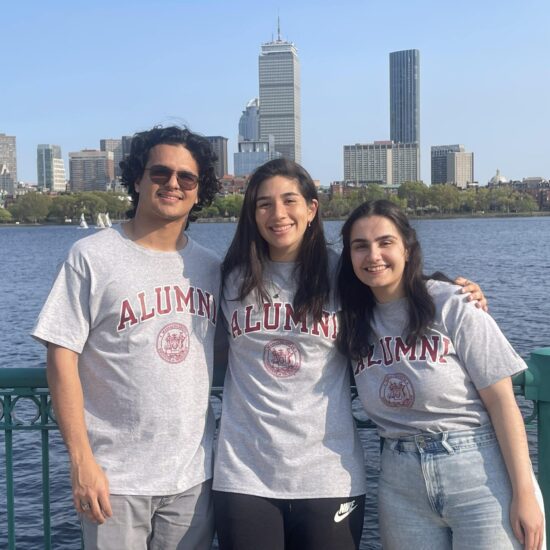
We believe that leadership can be learned.
SOLE is a central resource for MIT’s vibrant student community, supporting more than 350 student organizations. Whether you’re leading a club, planning an event, or exploring leadership development, SOLE provides support, training, resources, and development opportunities to students involved in organizations, governing boards, programming boards, and leadership programs across MIT.
SOLE collaborates with offices across campus and works closely with the Association of Student Activities (ASA), a joint committee of both the Undergraduate Association (UA) and the Graduate Student Council (GSC) that governs recognized student organizations at MIT. In collaboration with SOLE, ASA oversees student group activities, advocates for resources, allocates funding, helps student leaders navigate procedures, and arbitrates disputes to build sustainable student organizations at MIT.
Student Organization Handbook
This handbook is designed to provide student organization leaders with the information and resources they need to successfully lead and manage their groups.
Leadership Programs
We believe that leadership can be learned. We aim to provide students with a variety of inclusive, accessible, and intentional opportunities to develop their leadership philosophy and skills. We use leadership theories, models, and approaches that help students better understand themselves, others, communities, and contexts so that they can lead mindfully, equitably, and responsibly. We seek to develop in each MIT student the ability and passion to lead wisely, creatively, and effectively.
Students who participate in a SOLE Leadership Development Program will be able to:
- Demonstrate personal and social responsibility and the pursuit of positive personal and social change.
- Understand the importance of forming considerate, productive, and mutually beneficial relationships with others.
- Develop a better understanding of their leadership style (personality, strengths, beliefs, values).
- Develop a better understanding of their leadership style (personality, strengths, beliefs, values).
- Develop a better understanding of how to use their leadership style to set and achieve goals.
- Reflect on and assess their experiences to understand how they can make effective decisions in the future.
- Value understanding the conditions and perspectives of others to act with empathy and inclusivity.
- Value the perspectives and contributions of others.
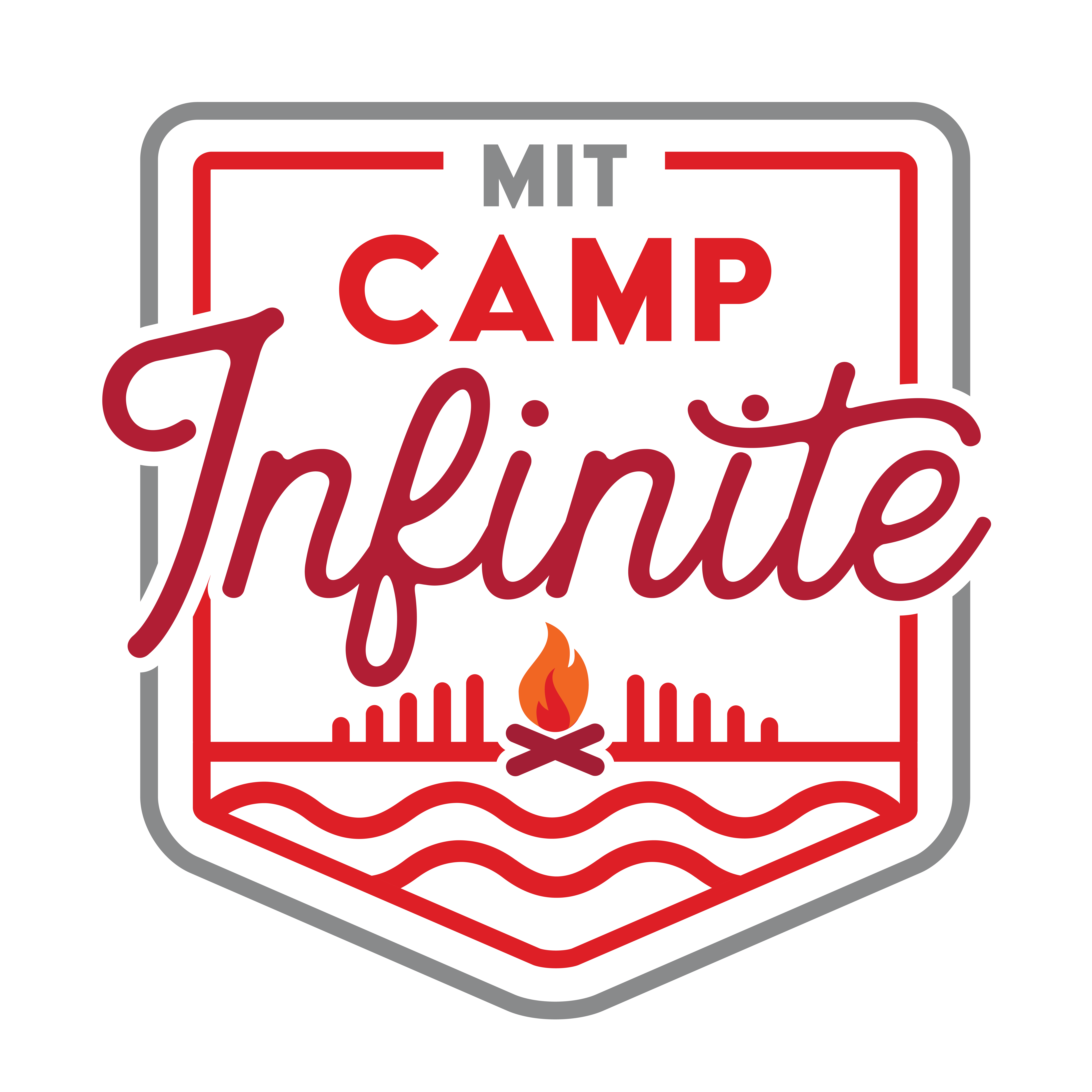
Camp Infinite
Camp Infinite is a weekend-long summer retreat that jump-starts first-year students’ leadership journey by helping them reflect on their personal values and explore their leadership potential, all while fostering meaningful relationships prior to the start of their first fall semester.
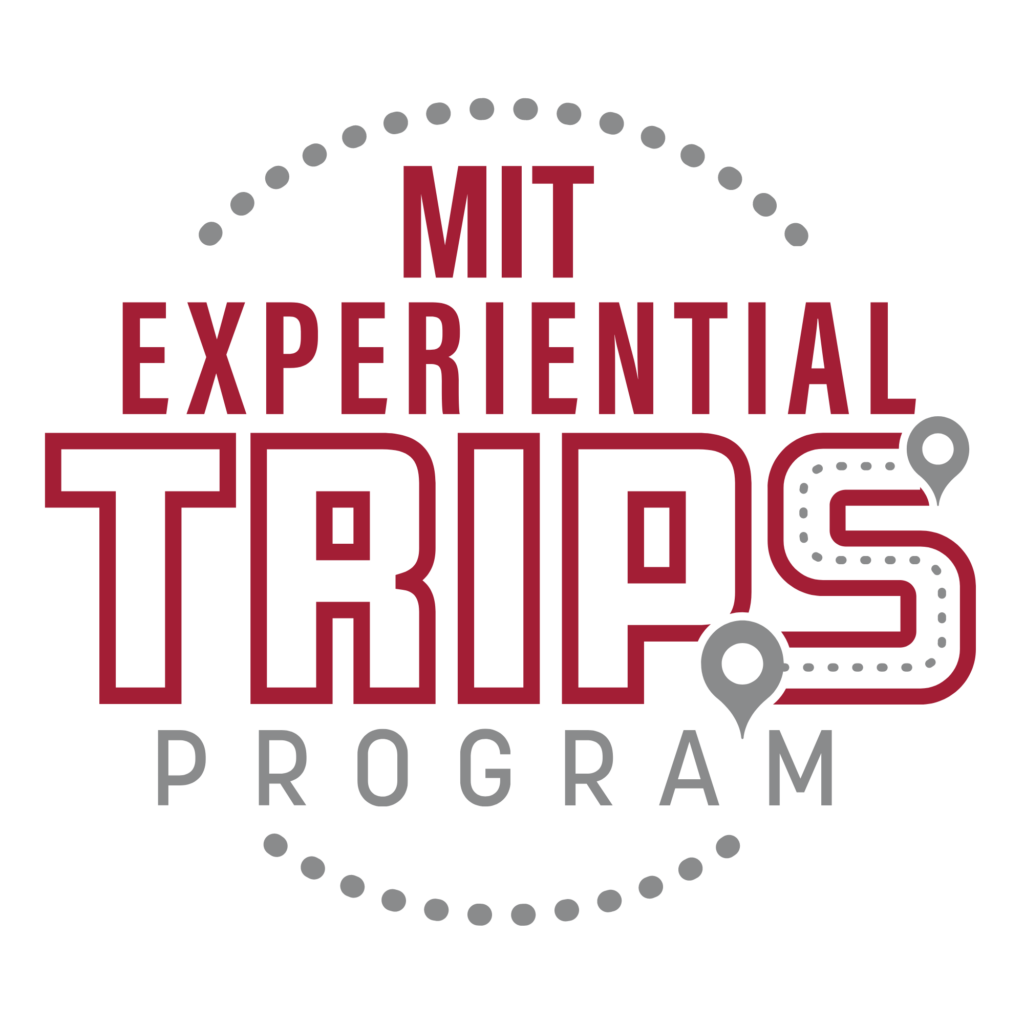
Experiential Trips Program
Each semester, the Experiential Trips Program offers a free three-day, out-of-state trip designed to provide a select group of students with an opportunity to meaningfully engage with other MIT students, staff, and alumni through location-specific leadership experiences.
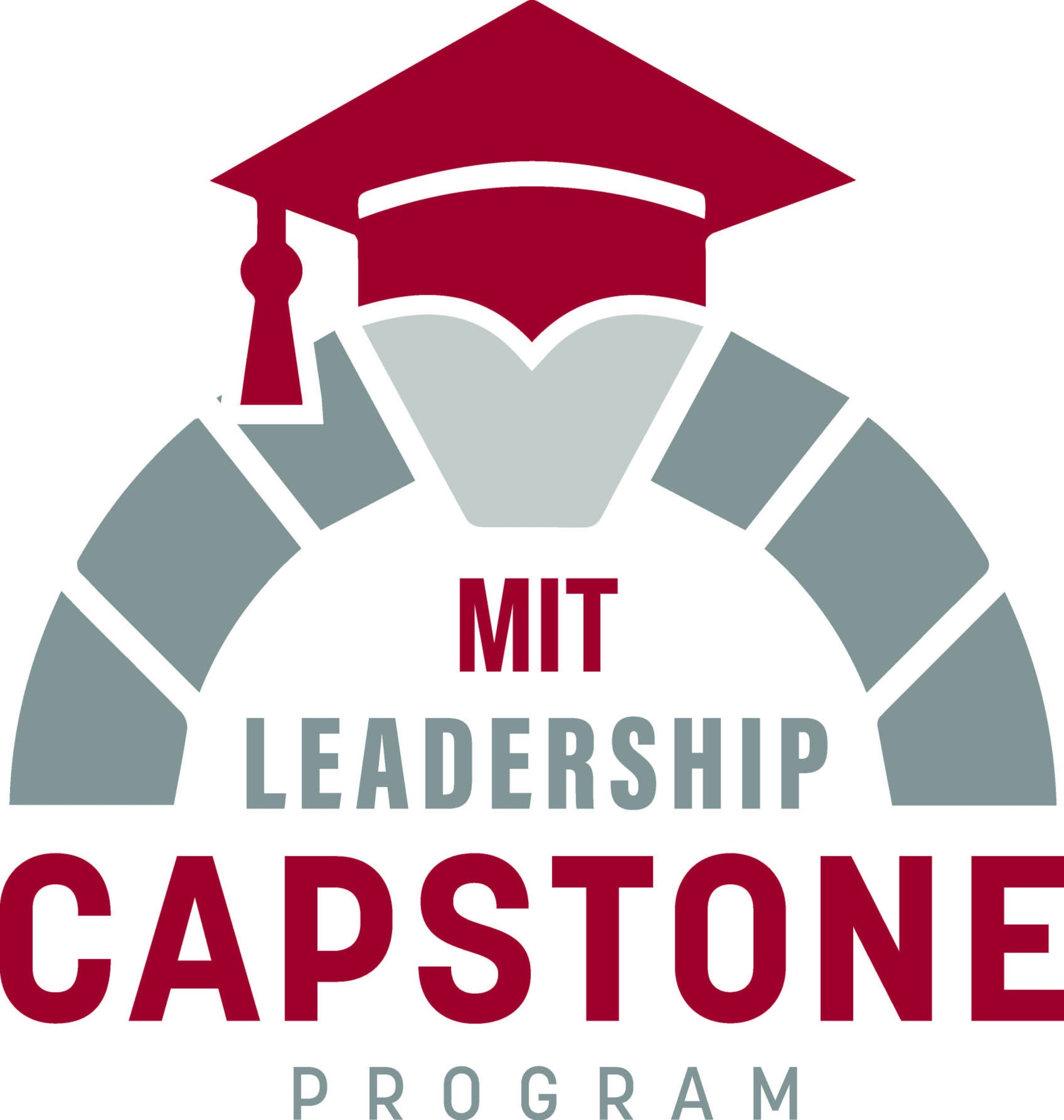
Leadership Capstone Program
The Leadership Capstone Program is a semester-long program designed to equip undergraduate students in their final semester at MIT with the mindset and skillset necessary for them to succeed in their leadership experiences post-graduation.
Members of the Leadership Capstone Program will meet weekly to engage in activities, discussion, and reflection centered around their leadership experiences, development, and post-grad aspirations. The style of this program is both social and seminar. It aims to gather senior students together in a supportive, connected cohort where they can:
- Prepare to transition from college to career and from campus to community.
- Make meaning of their undergraduate leadership experiences
- Gain new leadership skills and strategies to navigate post-grad roles and responsibilities
POLICIES AND RESOURCES
MIT Student Organization Handbook
A guide to accessing the privileges and fulfilling the responsibilities of being part of a student organization at MIT. Together, we can keep our community strong, inclusive, and accountable.
Formal Student Organizations
MIT student organizations can only be initiated, organized, and led by MIT students. These groups are expected to comply with the law and adhere to all existing MIT policies and guidelines.
Five Simple Steps for Student Event Planning
Planning a successful event requires creativity, coordination, and attention to detail. Starting early is key, and you don’t have to do it alone. SOLE is here to help bring your event ideas to life.
Funding Sources for Student Organizations
MIT provides financial resources to student organizations through a variety of programs and pathways.
Event and Space Use Policies
These policies allow the Campus Activities Complex to provide safe, accessible, and versatile spaces that support gatherings for students, faculty, staff, and alumni.
Events Involving Alcohol
MIT requires that all event organizers comply with the law and adhere to all existing MIT policies and guidelines for safe and responsible alcohol service.
Governing & Programming Boards
Undergraduate Association (UA)
The MIT Undergraduate Association was founded in 1893, and now continues a 120+ year tradition of supporting students and improving their experience at MIT.

Graduate Student Council
Since 1953, the Graduate Student Council’s core mission has been representing and advocating for graduate students across all departments and backgrounds at MIT and beyond.
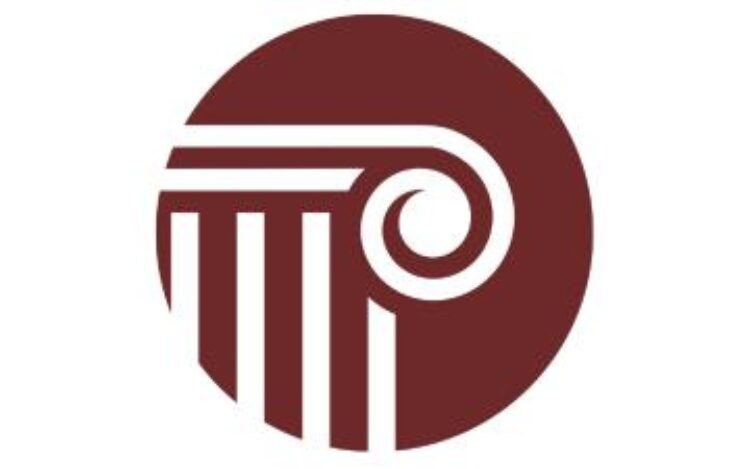
Association of Student Activities (ASA)
The ASA, a joint UA-GSC committee, governs recognized student groups and works with SOLE to oversee student organization activities at MIT.

Student Events Board (SEB)
The Student Events Board works with SOLE and other admin offices to organize the largest events on campus, including Springfest and TechTwinkles.

Ring Committee (RingComm)
The Ring Committee is a committee of students who design their class’s Brass Rat and organize the events related to the ring, like Ring Premiere and Delivery.
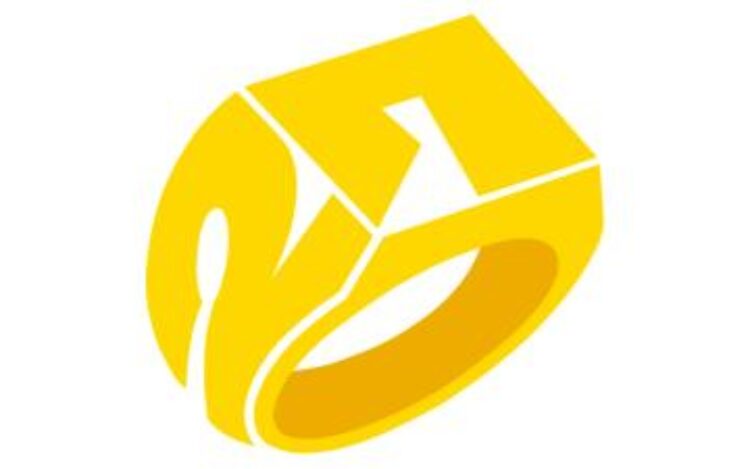
Senior Week Committee
The Senior Week Committee is responsible for planning and executing a series of events leading up to Commencement, providing memorable experiences for the graduating class.
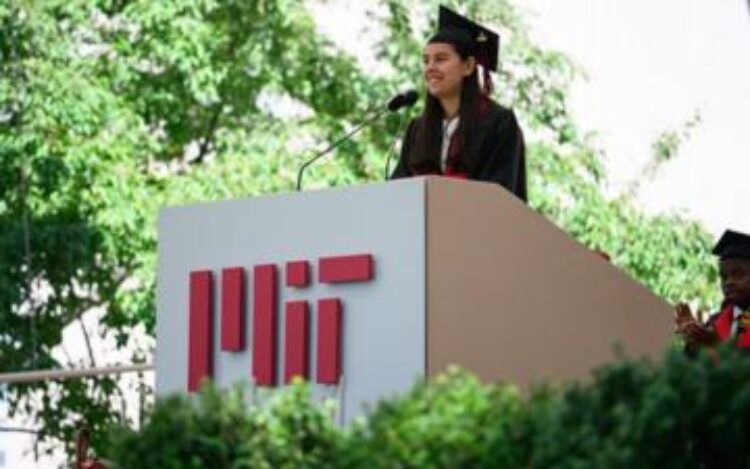
Senior Ball Committee
The Senior Ball Committee is responsible for planning and executing the Senior Ball, a formal graduation celebration for the MIT Senior Class.
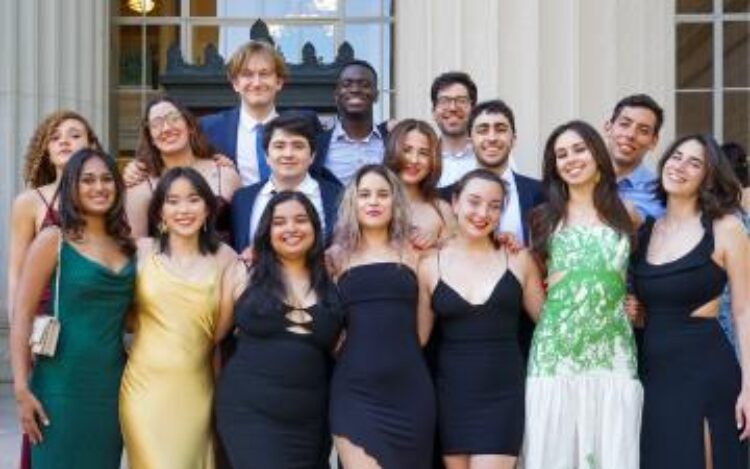
First-Year Class Council
Class Councils are elected each Spring, and represent each class year at MIT. They are responsible for building class cohesion and representing their class within the UA.
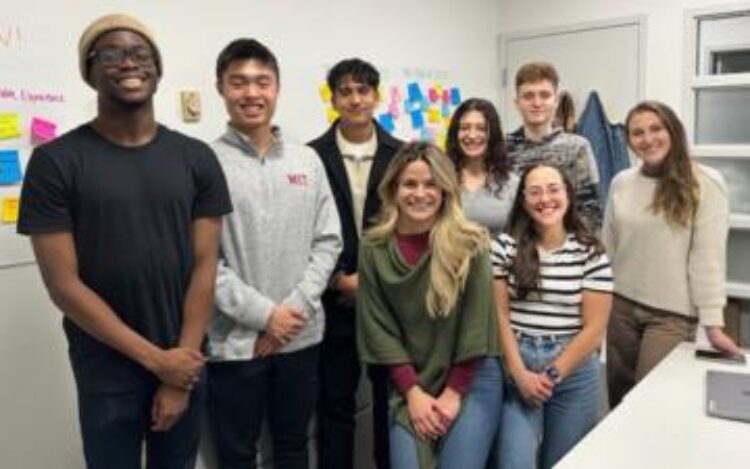
Sophomore Class Council
Class Councils are elected each Spring, and represent each class year at MIT. They are responsible for building class cohesion and representing their class within the UA.
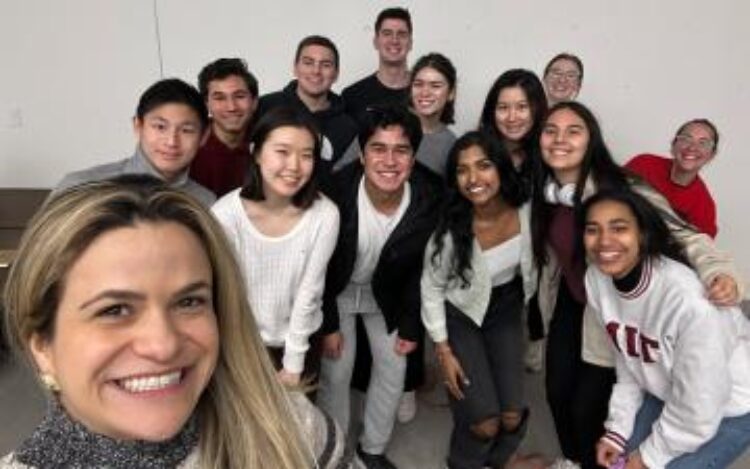
Junior Class Council
Class Councils are elected each Spring, and represent each class year at MIT. They are responsible for building class cohesion and representing their class within the UA.
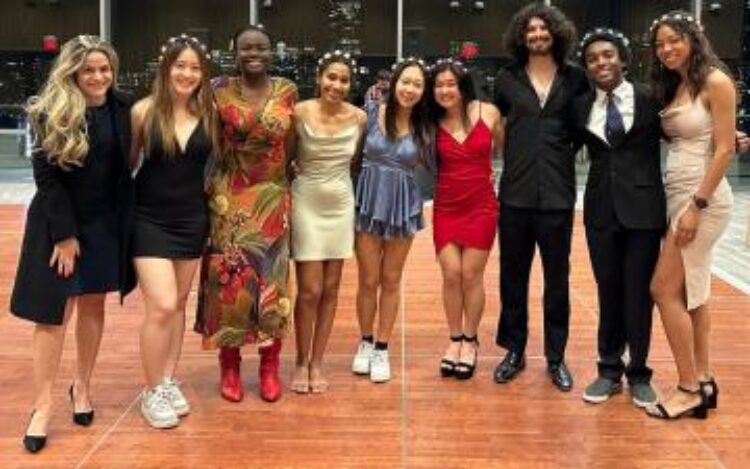
Senior Class Council
Class Councils are elected each Spring, and represent each class year at MIT. They are responsible for building class cohesion and representing their class within the UA.
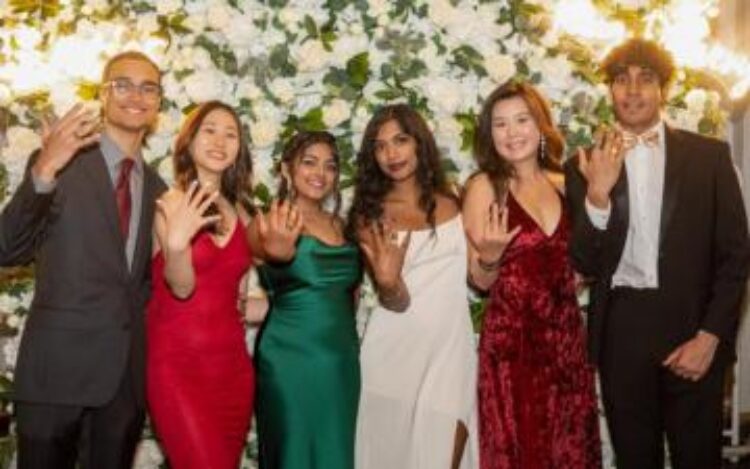
Contact Us
Student Organizations, Leadership, and Engagement Office (SOLE)
